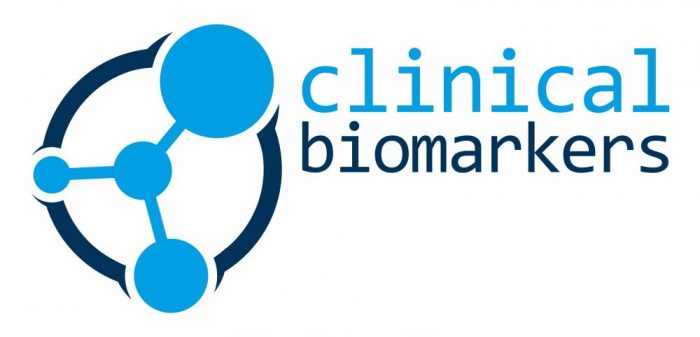Biomarkers research, along with the biomarker services, serve critical roles in medicine and drug development by giving information on patient status in the clinical context and vital information on pharmacodynamic activity, effectiveness, and safety during drug development. Biomarkers may even be employed as surrogate endpoints for therapeutic approval in some situations rather than a direct evaluation of a clinical endpoint. Because of the increased usage of biomarkers, significant attempts have been made to standardize biomarker nomenclature, evaluation, and validation to accelerate biomarker discovery and incorporation into medication development. Hence biomarker assay has come into play in recent times a lot.
Robust and verified biomarkers are required to enhance diagnosis, monitor drug activity, and treatment response, and lead the development of safer and more tailored medicines for various chronic illnesses. While several types of biomarkers have influenced medication discovery and development, discovering and verifying disease-specific biomarkers has proven difficult. Recent breakthroughs in numerous ‘omics’ (multi-omics) methods (e.g., genomics, transcriptomics, proteomics, metabolomics, cytometry, and imaging) combined with bioinformatics and biostatistics have sped up the identification and creation of specialized biomarkers for complex chronic illnesses. Establishing the validity of the analytical procedures (assay) and their clinical utility in biomarker assay development and certification is critical.
Biomarkers
A biomarker is a dynamic and informational biological substance (cellular, biochemical, molecular, genetic, protein, metabolite, specific post-translational modification, physiological or physical sign) that can be objectively measured and evaluated as an indicator of normal biological processes, pathogenic processes, and their progression, or pharmacologic responses to a therapeutic intervention. Biomarkers are broadly classified as molecular, imaging (PET, MRI, and CT), and psychometric (e.g., loss of memory to predict Alzheimer’s disease (AD)).
Clinical biomarkers in drug discovery and development
1. The development of Alzheimer’s disease medicinal agents
Alzheimer’s disease is an incurable condition owing to several medication research failures. While clinical trials for medications to lower morbidity and symptoms continue, biomarkers have allowed for a better knowledge of the varied manifestations of AD, its multiple kinds, its developing processes, and how to target tau and amyloid effectively.
2. Disease Prediction Polycystic Kidney Disease Progression
Urinary illnesses, particularly kidney ailments, exhibit a wide range of toxicities. Clinical trial designs use inclusion criteria based on baseline features and disease-specific indicators to decrease the number of cytotoxicities caused by medications or innovative treatments.
3. Innovative Immuno-Oncology Biomarkers for Cancer Therapy Personalization
It is no longer a secret that only 12-14 percent of new medicine applications are approved for marketing by the USFDA. Despite this, at least 2,000 cancer-specific treatments are in clinical trials.
4. Identifying Diagnostic and Prognostic Biomarkers for Cystic Fibrosis Drug Discovery
Cystic fibrosis is a rare inheritable illness that affects the lungs and pancreas and has remained an unmet medical need. With the recent modifications to the USFDA Orphan Drug Act and its widespread acceptance in mainstream pharmaceutical R&D, the fate of people with cystic fibrosis changed as their treatment dreams became a reality.
Conclusion
Biomarkers have been used in clinical investigations for diagnosis (Biomarkers diagnosis), as a tool for disease staging, as indications of disease state, and to predict and monitor clinical response to a treatment intervention (e.g., electrocardiogram, PET brain image, serum chemistries, auto-antigens in blood, densitometric bone measurement, pulmonary function test, neonatal Apgar score).
Read more blogs: businesspara


